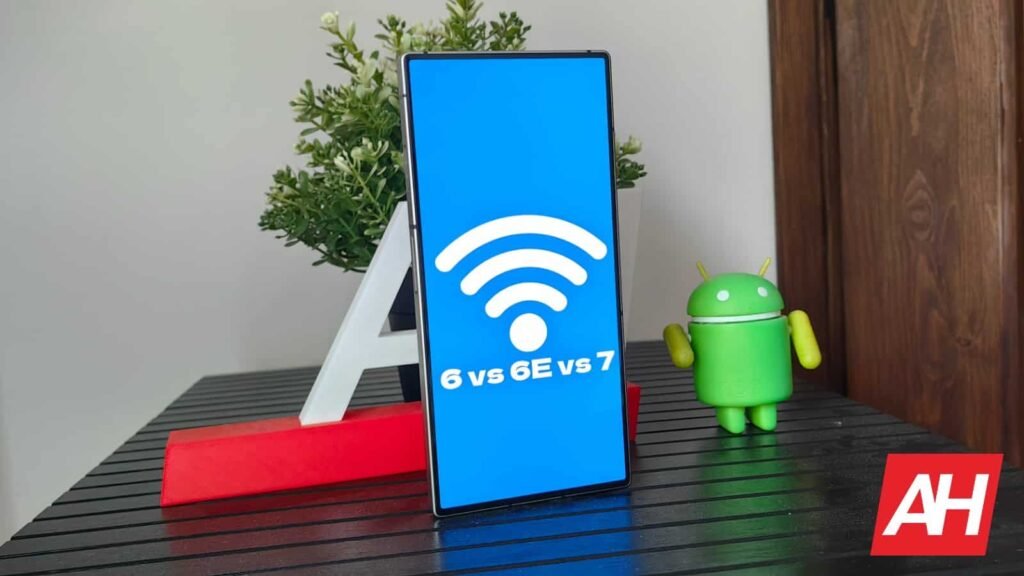

If you want to make sure the private information on your phone is kept safe, then you might want to reconsider using public WiFi. This is according to a recent warning that Google and the TSA have issued.
Google and TSA warning against public WiFi
Google and TSA’s warning about using public WiFi isn’t new. Many security experts have long advocated against the use of public WiFi. While public WiFi is convenient (and free), you don’t necessarily know who owns it and whether it is secure.
According to Google, it warns that “these networks can be unencrypted and easily exploited by attackers.” The company stated it in its recent “Behind the Screen” advisory for both Android and iPhone users. It’s also a response to a surge in text-based scams that are happening across the world.
That being said, Google’s warning is somewhat controversial. This is because not everyone agrees that public WiFis are bad. In fact, the FTC sort of disagrees with Google’s claims. The government agency acknowledges that in the past, public WiFi could put your information at risk. This was due to how most websites back in the day did not offer encryption. That has changed today, so even if you’re on public WiFi, your data should be safe.
Should you continue using public WiFi?
At the end of the day, it’s up to you. Google’s warnings do have merit to a certain degree, but this doesn’t mean you should avoid public WiFi like the plague. Instead, being smart about your usage could go a long way in keeping your data safe.
For starters, you should disable automatic connections to public and unknown WiFi networks. This is because some hackers broadcast public WiFi in hopes of you joining and intercepting your data. Next, you should avoid downloading any software that would require you to connect to a public WiFi. You should only give your email address when connecting to a captive portal.
Next, you can always check if your connection to a website is secure by looking at the address bar. If it shows a padlock icon, you should be good to go. Speaking of address bars, also make sure that the URL you’re visiting is the one you’re supposed to be visiting. Sometimes scam websites use URLs that look like a legitimate URL with some slight variances to them.
Last but not least, if you’re really concerned and want to protect yourself on public WiFi, consider getting a VPN.
The post Google & TSA Issue New Warning About the Dangers of Public WiFi appeared first on Android Headlines.

